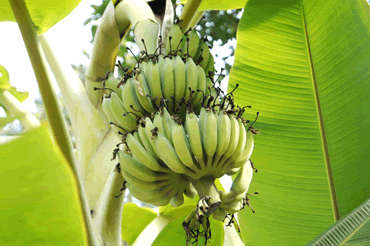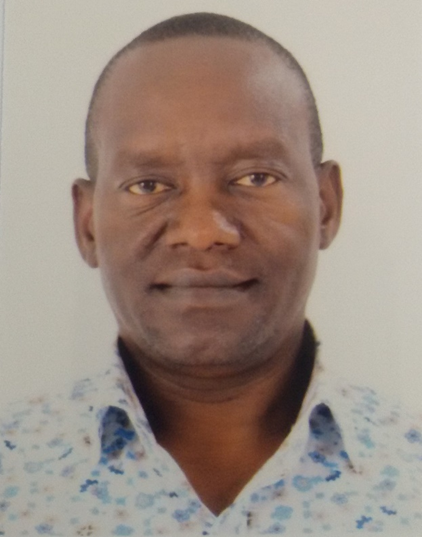- by AATF Africa
Since the disease was discovered, banana farmers have used several cultural methods such as sanitary measures to try and control its spread without much success. As they say necessity is the mother of invention, and scientists have had no option but to explore a lasting solution to this malady. This led to the birth of the Banana Bacterial Wilt project which is developing bacterial wilt resistant bananas for use by smallholder farmers in the Great Lakes region. The BXW project is a public private partnership that brings together the African Agricultural Technology Foundation (AATF) the International Institute of Tropical Agriculture (IITA), and the National Agricultural Research Organisation (NARO) of Uganda.
In 2004, IITA and NARO scientists started developing transgenic bananas resistant to BXW in a joint project funded by Gatsby Charitable Foundation. AATF joined the project in 2005 and successfully negotiated for two genes (plfp and hrap) from Academia Sinica, Taiwan for use in the project royalty free. The three organisations agreed to work together and therefore signed a tripartite agreement in 2009 to guide the partnership especially on roles and responsibilities. IITA and NARO were responsible for developing, transformation and evaluating transgenic bananas for resistance to BXW while AATF was mandated to coordinate the partnership and provide expertise in management of intellectual property and regulatory issues. The project then commenced with funding from AATF in additional to support from Gatsby Charitable Foundation and USAID. The developmental research work is now being carried out both in Uganda and Kenya by Dr Leena Tripathi of IITA and Dr Wilberforce Tushemereirwe of NARO. The project is using modern tools of biotechnology to develop BXW resistant banana varieties through genetic modification of East Africa farmer preferred banana varieties.
The progress made so far in the project is positive following the successful transformational work in the laboratories and subsequent conduct of the first confined field trial in NARO’s Kawanda field station in October 2010. The scientists are looking forward to a victorious war against the BXW once the product complies with the necessary regulatory requirements in the project countries.
There is hope that most countries in Sub-Saharan Africa will put in place enabling legislations to allow for the development and growing of genetically modified agricultural products to curb food production constraints in Africa. It is estimated that the first BXW resistant varieties from these efforts could get to farmers in 6-7 years depending on research results and regulatory approvals in each of the project countries.






















































































